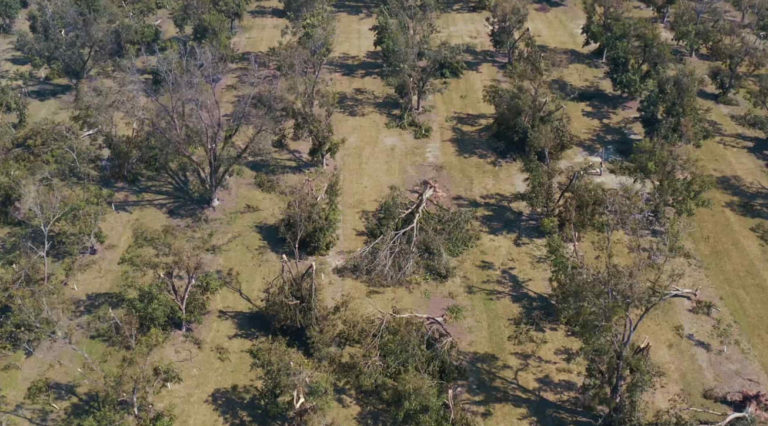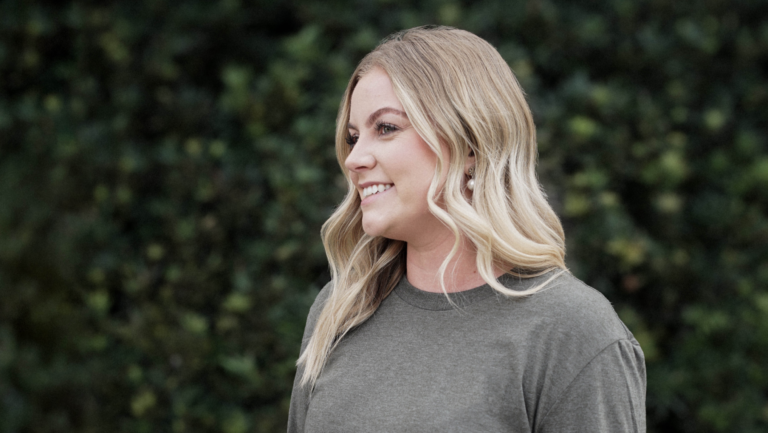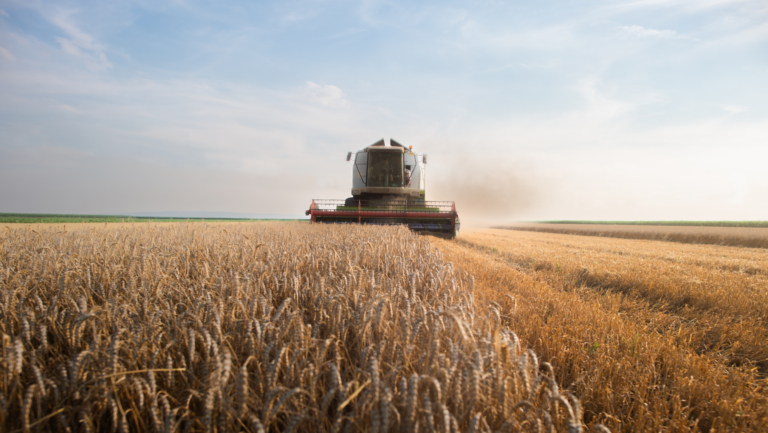Crop Insurance Can Help You Rest Easier
Having insurance coverage for your crop can make recovery from a tough year easier.
There is no law stating that a farmer has to have crop insurance, but you should consider your circumstances and decide if it’s good for your agribusiness. A recent AgAmerica article took a look at crop insurance as one of many risk management tools in an operation’s repertoire.
Many farmers use crop insurance as a risk management tool to help recover from low production, market fluctuations, and natural disasters such as hurricanes or tornadoes.
Having insurance can help farmers maintain a safety net if he or she has to meet financial obligations. It can also add to an operation’s solvency credibility as lenders and real estate agents weigh the farmer’s ability to handle long-term investments. Also, not carrying Federal Crop Insurance Corp. (FCIC) could affect a farmer’s eligibility for some kinds of natural disaster relief from the government.
Crop Insurance for Disaster Relief and Related Losses
FCIC offers comprehensive protection against devastating loss. The FCIC has paid out countless dollars to help farmers recoup losses since the program was started to help the ag industry recover from the effects of the Great Depression and the Dust Bowl of the 1930s. However, until the Federal Crop Insurance Act was passed in the 1980s, FCIC covered mostly major crops. The passage of the Federal Crop Insurance Act not only grew the number of insurable commodities, it also transferred the administration of selling federal crop insurance products to farmers to private insurance companies known as Approved Insurance Providers (AIPs) . For 2018, there are 15 AIPs serving farmers in the United States, all with a uniform set of ag-related policies and prices.
In Florida, farmers can work with 12 of the USDA-designated agencies authorized to provide commodity insurance through the Standard Reinsurance Agreement (SRA).
When seeking a policy, work with agents who will ask questions and look at the specific challenges for your agribusiness.
What farm insurance coverage works best for your operation?
Chad McWaters, a manager/agent for Florida Farm Bureau Insurance, says figuring out which policies work for your agriculture operation takes homework and legwork. He says a good agent will ask a lot of questions and will discuss any particular needs or concerns you have.
“I ask the farmer, ‘What keeps you up at night?’” says McWaters. “The whole idea of crop insurance is to help you sleep better and have peace of mind.”
Producers should consider how a crop insurance policy will work best to complement their other risk management strategies to ensure the best possible outcome each year.
As the nation’s premier land lender, AgAmerica Lending supports the dreams of the ag land owners, farmers, and ranchers who rise to agriculture’s challenges and keep rural America alive and well.
For those looking to secure a loan using an agricultural parcel of land as collateral, our team at AgAmerica can provide expertise, support, and a range of loan products.






